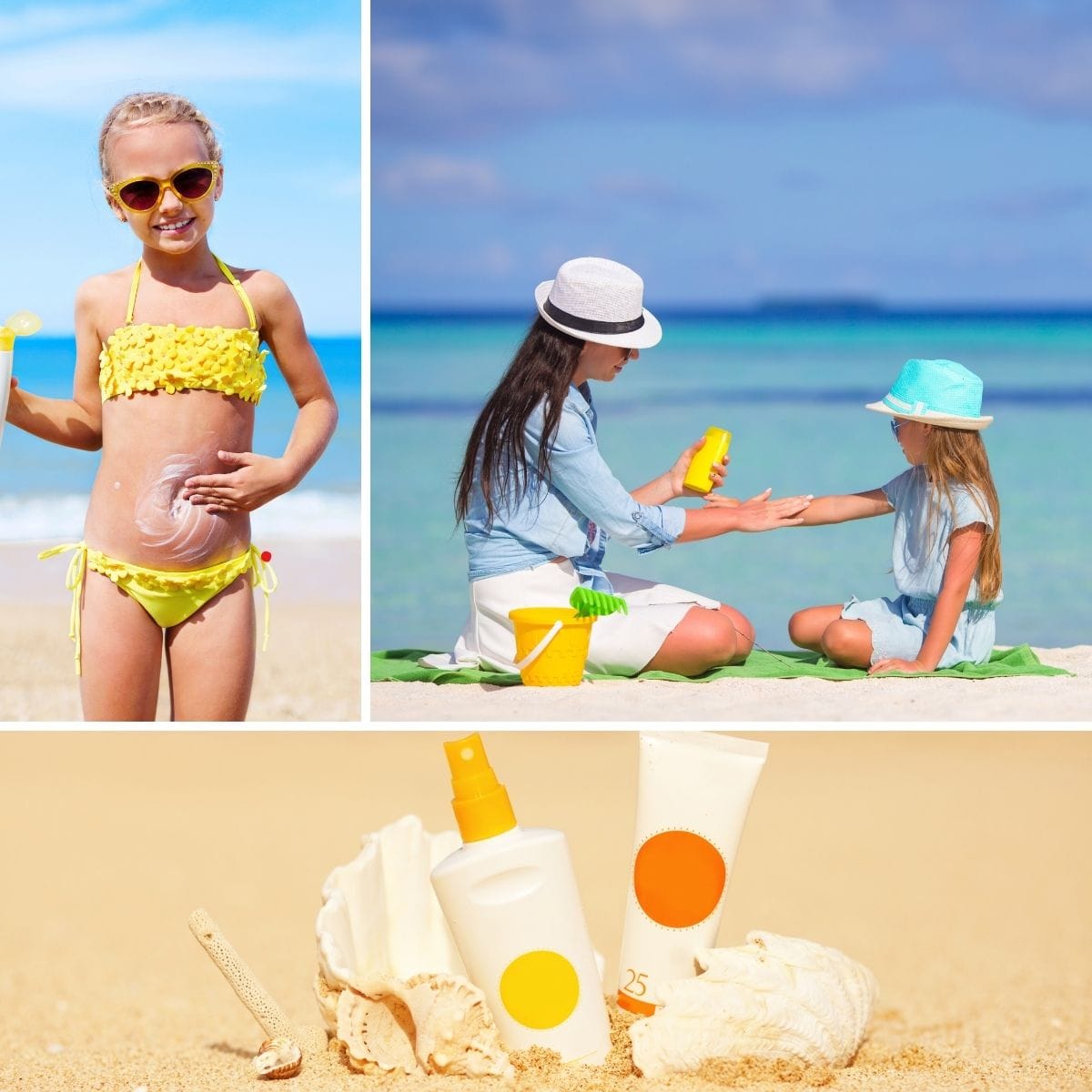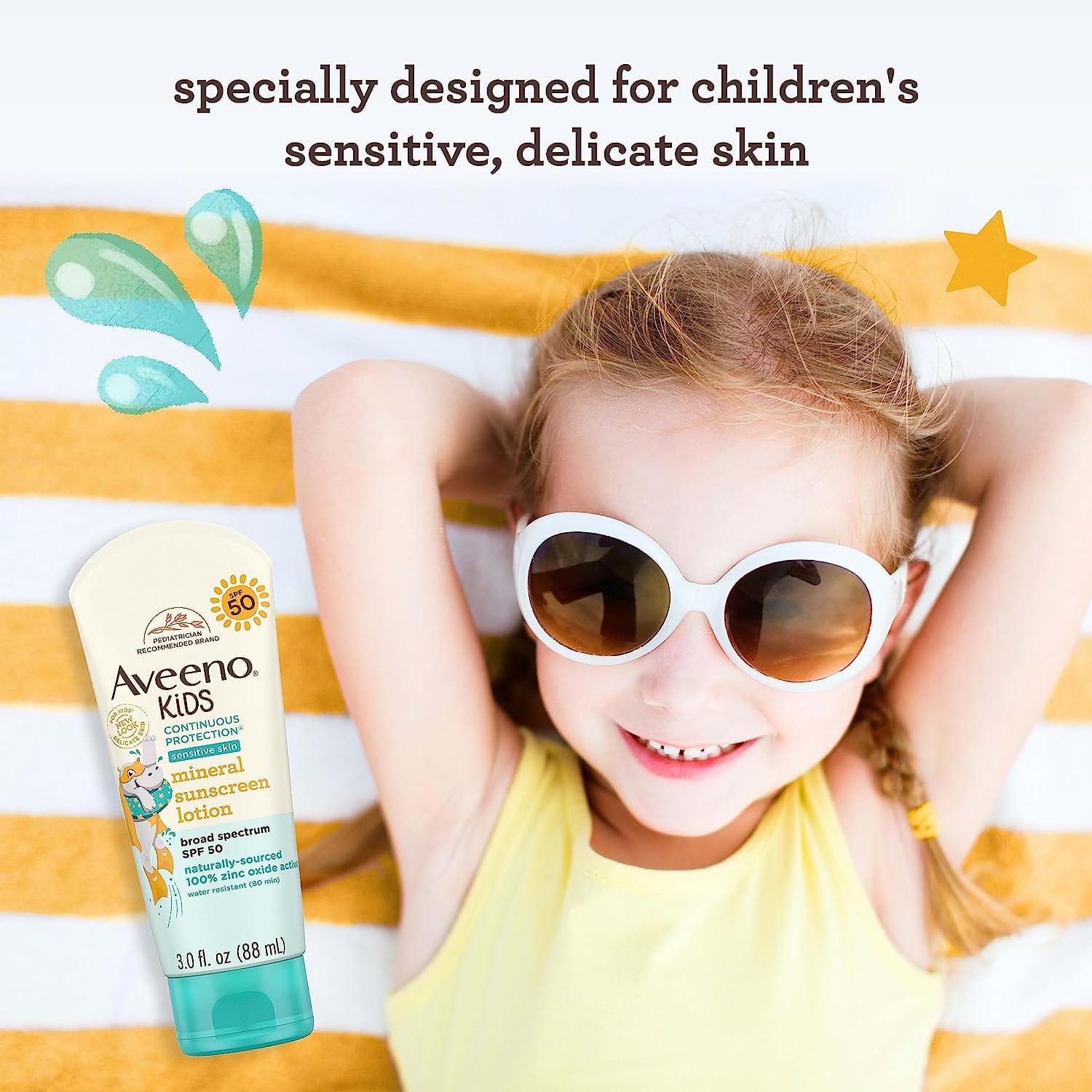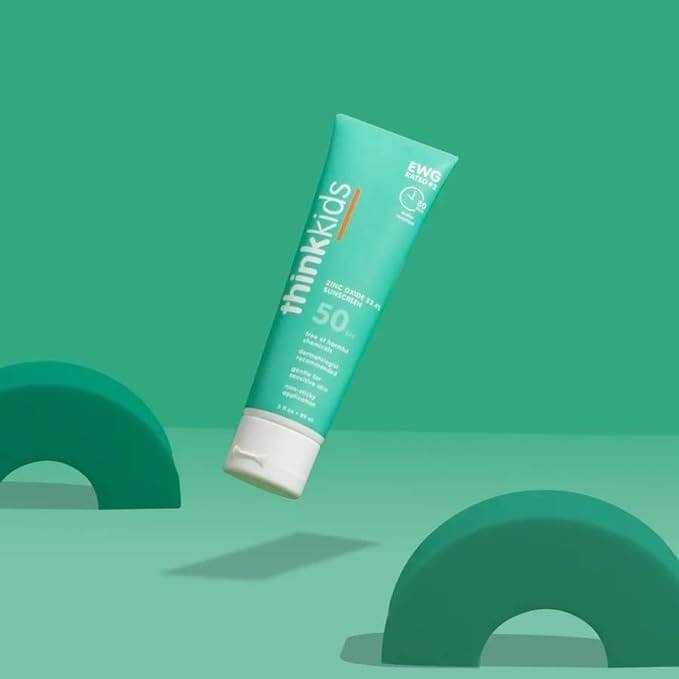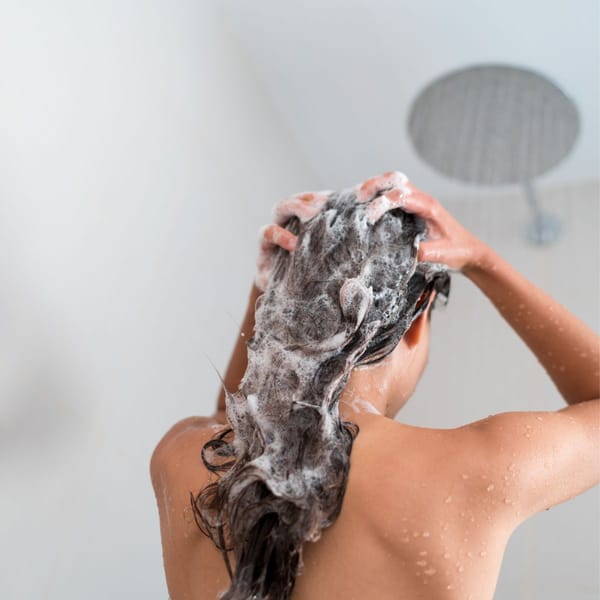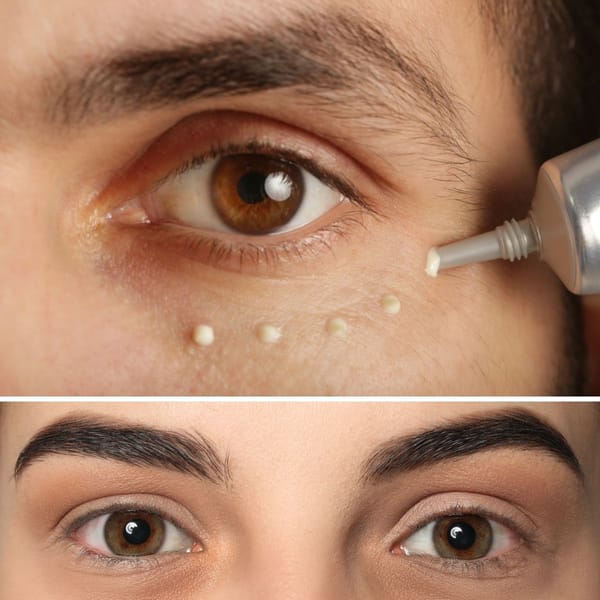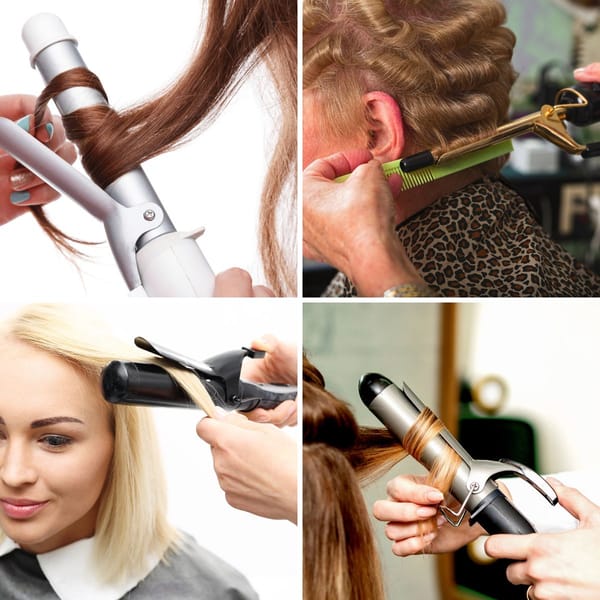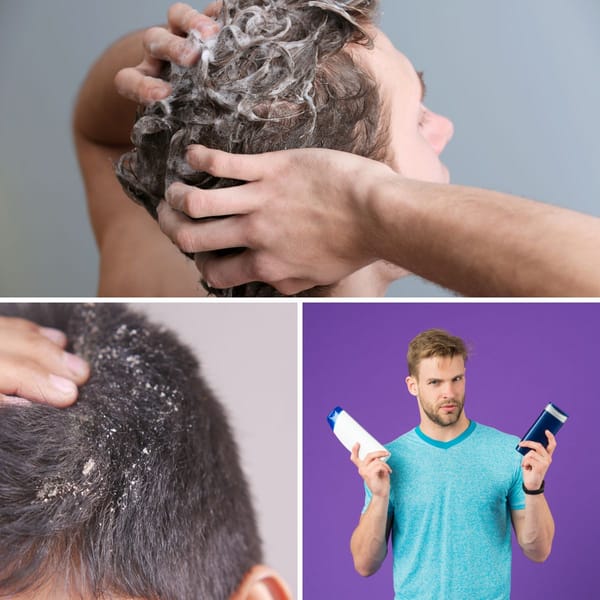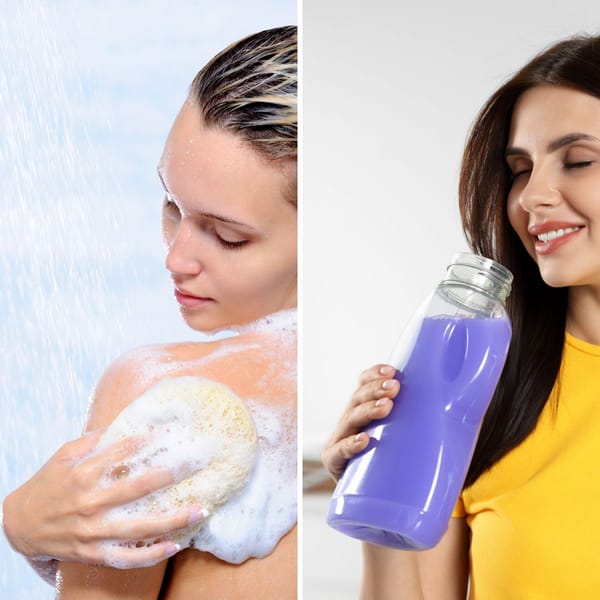When it comes to protecting your little ones from the sun's harmful rays, choosing the right sunscreen is crucial. With a plethora of options available, it can be overwhelming to pick one that's safe, effective, and kid-friendly. In this guide, we'll explore the benefits and drawbacks of three highly recommended sunscreens for kids, to help you make an informed decision.
- Sensitive Skin-Friendly: Formulated with naturally sourced zinc oxide and soothing oat, this sunscreen is gentle on delicate skin, making it ideal for kids with sensitivities.
- Broad-Spectrum Protection: Offers comprehensive protection against both UVA and UVB rays, ensuring your child is shielded from sunburn and long-term skin damage.
- Water-Resistant: Stays effective for up to 80 minutes in water, perfect for beach or pool days.
Cons:
- White Cast: Like many mineral sunscreens, it may leave a white residue on the skin, which some kids might not like.
- Thickness: The formula can be quite thick, requiring more effort to apply evenly.
Pros:
- High SPF: With an SPF of 50+, this sunscreen offers robust protection against sunburn.
- Environmentally Friendly: Free from harmful chemicals like avobenzone, oxybenzone, and UV chemical absorbers, it's safe for marine life, making it a great choice for eco-conscious families.
- Water Resistance: Provides up to 80 minutes of water resistance, ensuring playtime in water doesn't leave your child unprotected.
Cons:
- Application: Can be difficult to spread due to its thickness.
- Scent: Some users might find the scent too strong or unpleasant for sensitive noses.
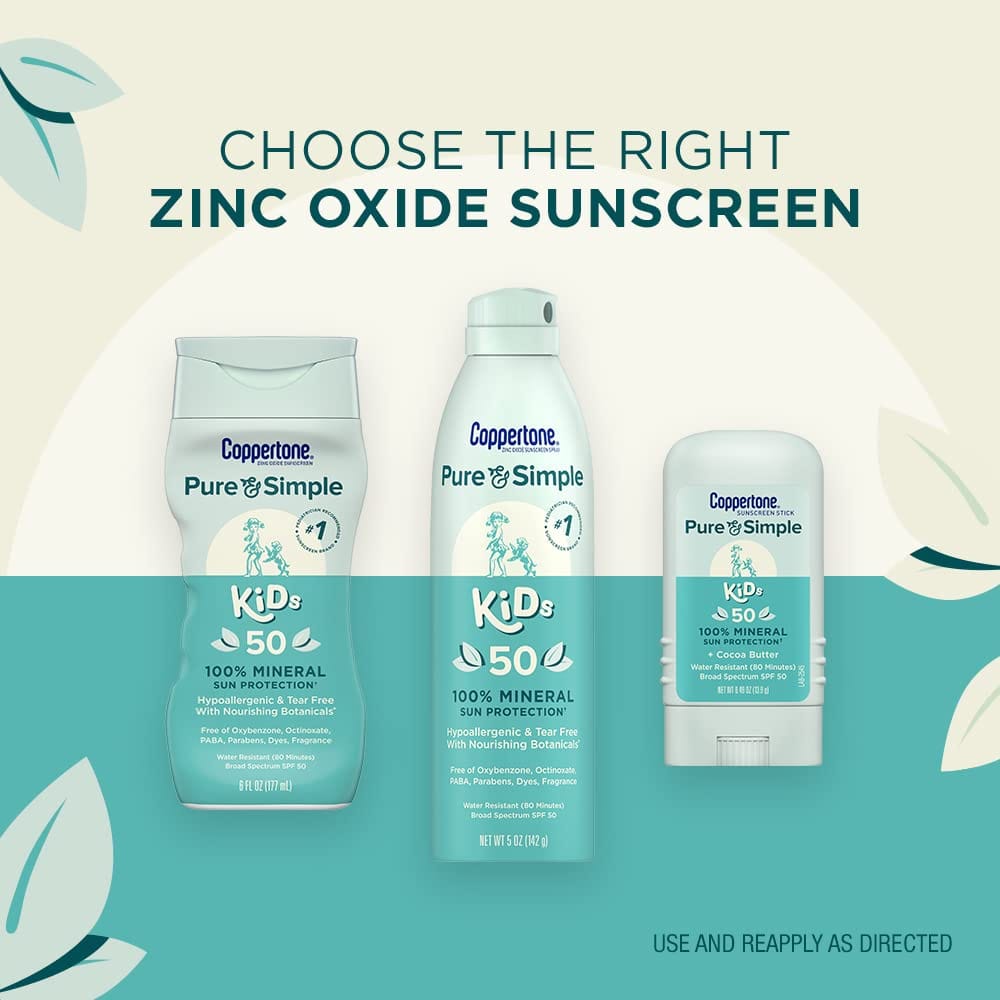
Coppertone Pure and Simple Sunscreen Lotion, Zinc Oxide Mineral Sunscreen for Kids
Pros:
- Hypoallergenic Formula: Specifically designed for children's sensitive skin, it's free from fragrances, dyes, and PABA.
- Moisturizing: Contains aloe and vitamin E to keep the skin hydrated and soothed under the sun.
- Broad Spectrum SPF 50: Offers high protection against UVA and UVB rays.
Cons:
- Reapplication: Requires frequent reapplication, especially after towel drying or prolonged swimming.
- Texture: Some might find the lotion too greasy or heavy on the skin.
Summary
Selecting the best sunscreen for your child involves considering factors like SPF level, water resistance, and formula suitability for sensitive skin. The Aveeno Kids Continuous Protection, Thinksport Kids Safe Sunscreen, and Coppertone Pure & Simple Free are all top choices due to their high SPF, water resistance, and gentle formulations. Remember, the best sunscreen is one that your child will use consistently, so consider their preferences and skin needs when making your choice.
Frequently Asked Questions
How often should I reapply sunscreen on my child? Sunscreen should be reapplied every two hours, or more frequently after swimming, sweating, or towel drying.
Can babies wear sunscreen? It's recommended to avoid sunscreen for infants under 6 months. Instead, use protective clothing and shade.
What SPF is recommended for children?
Dermatologists recommend using sunscreen with an SPF of at least 30 for children.
Is spray sunscreen safe for kids?
While convenient, spray sunscreens might not cover skin completely. If using, spray onto hands first, then apply to the child's face and body.
Can sunscreen expire?
Yes, sunscreen can expire. Check the expiration date and look for changes in color or consistency as signs it's time to purchase a new bottle.
Choosing the right sunscreen for your child is a critical step in ensuring their skin is protected from the sun's harmful rays. By considering the factors discussed and understanding the pros and cons of popular products, you can select a sunscreen that offers the best protection for your little one's specific needs.

